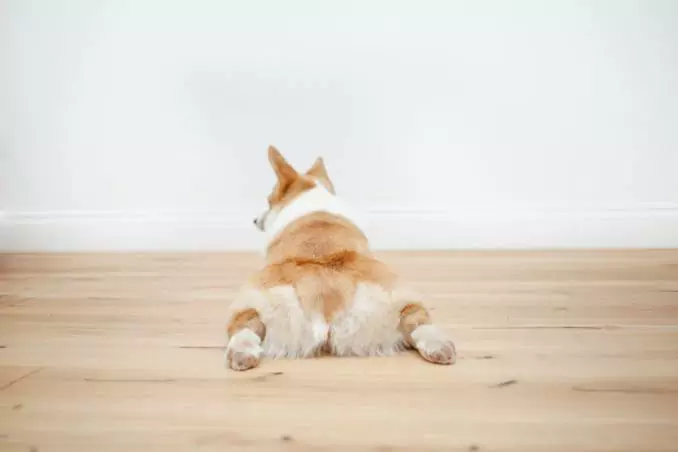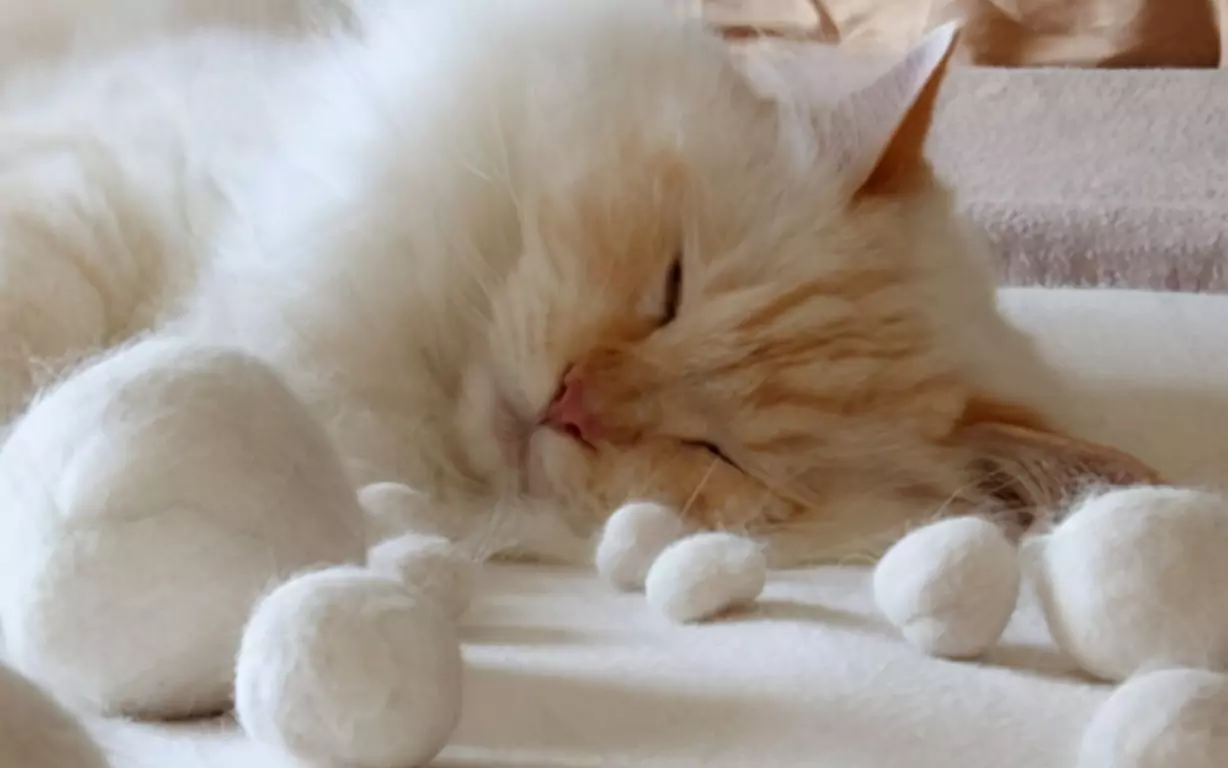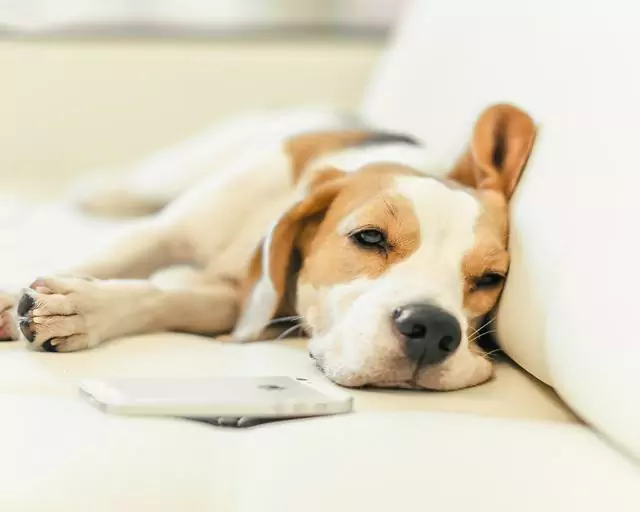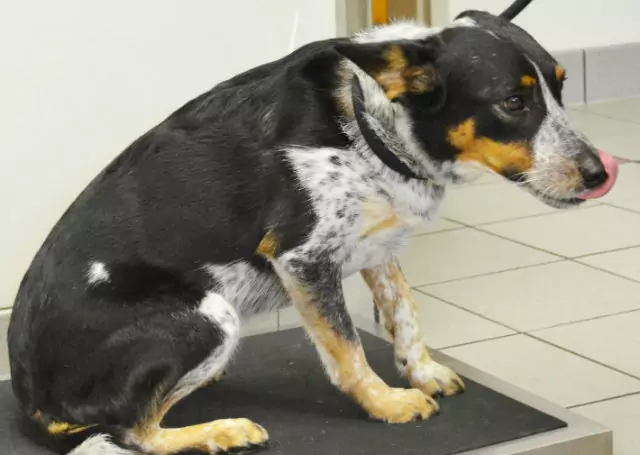Can cats eat pumpkins? The benefits that pumpkin can bring to cats
2022-07-07
Although cats are dedicated carnivores, sometimes they can eat other types of food besides meat, such as pumpkin.
Pumpkin is a very healthy food, and it has numerous benefits for cats. Feeding pumpkin to cats in moderation is good for their health, but if too much is fed, it can be damaging to cats. Therefore, it is important to know how much pumpkin is appropriate to feed to your cat.
Feeding pumpkins to cats 3 to 4 times a week can help improve their health condition.
I. The benefits pumpkin can bring to cats
The dietary fiber in pumpkin is a very important nutrient, with 0.8 grams of fiber per 100 grams of pumpkin.
These plant fibers are difficult to break down in the cat's body, but this is not a bad thing; the cellulose that fails to break down can provide additional benefits to the cat by
Provides a sense of satiety
For obese cats, it is important to control their diet. Too much diet brings too many calories, which allows more fat to accumulate in the body.
Because fat cats are heavier, they will consume more food than they would otherwise to maintain their current weight, such that they either maintain obesity or become fatter, both of which are unhealthy for the cat. We know that obesity greatly increases the risk of certain diseases in people, and in cats, too.
So, when you have a fat cat who is a "good eater," it may help to feed her a moderate amount of pumpkin. The fiber in pumpkin increases satiety, and pumpkin is also a low-calorie food, which is a good choice for cats to lose weight.
Pumpkin is a great ingredient in your cat's "diet recipe".
Gentle hairball removal
The fiber in pumpkin can effectively promote intestinal motility so that the hairballs ingested into the cat's body can be eliminated more quickly without causing excessive accumulation of hairballs in the digestive tract.
Therefore, if you feed your cat a moderate amount of pumpkin on a regular weekly basis, it can serve to remove hairballs. This hairball removal is consistent, gentle, and beneficial to your cat's body.
Protects the urinary tract
Can pumpkin intake also protect your cat's urinary tract system? Indeed it does.
Here, it is a simple and important nutrient that plays a role - water. Pumpkin contains about 90% water, and when water enters the cat's body, it dilutes the cat's urine, thus preventing the formation of stones and blockages in the urinary tract.
The urethral blockage is particularly common in cats that eat mainly cat food because cat food is indeed too dry a food. The water content of cat food is just over 10% and cats eating only cat food can leave them in a state of chronic dehydration.
Natural Nutrients
In addition to fiber, pumpkin is already rich in other natural nutrients. These natural nutrients are much better for your cat's health than the synthetic vitamins and minerals added to cat food.
II. Bad effects of eating pumpkin
1. Gastrointestinal discomfort. Some cats with fragile stomachs are likely to vomit, have soft stools, have diarrhea, or even lose their appetite due to gastrointestinal irritation after eating pumpkins. At this time, it is necessary to feed the owner some probiotics to help regulate the gastrointestinal.
2. Suffering from disease, pumpkin is a vegetable, and cats are pure carnivores, and should not eat too much pumpkin themselves. Secondly, pumpkin contains a lot of sugar, and starch, excessive consumption may lead to gastroenteritis, gastric ulcers, other diseases, and even liver and kidney function damage.
3. Malnutrition, pumpkin is rich in sugar and has excellent palatability, which is one of the very favorite supplementary foods for cats. However, using pumpkin as a staple food for cats is likely to lead to a lack of animal protein and calcium, and in severe cases, even to malnutrition and stunted growth.
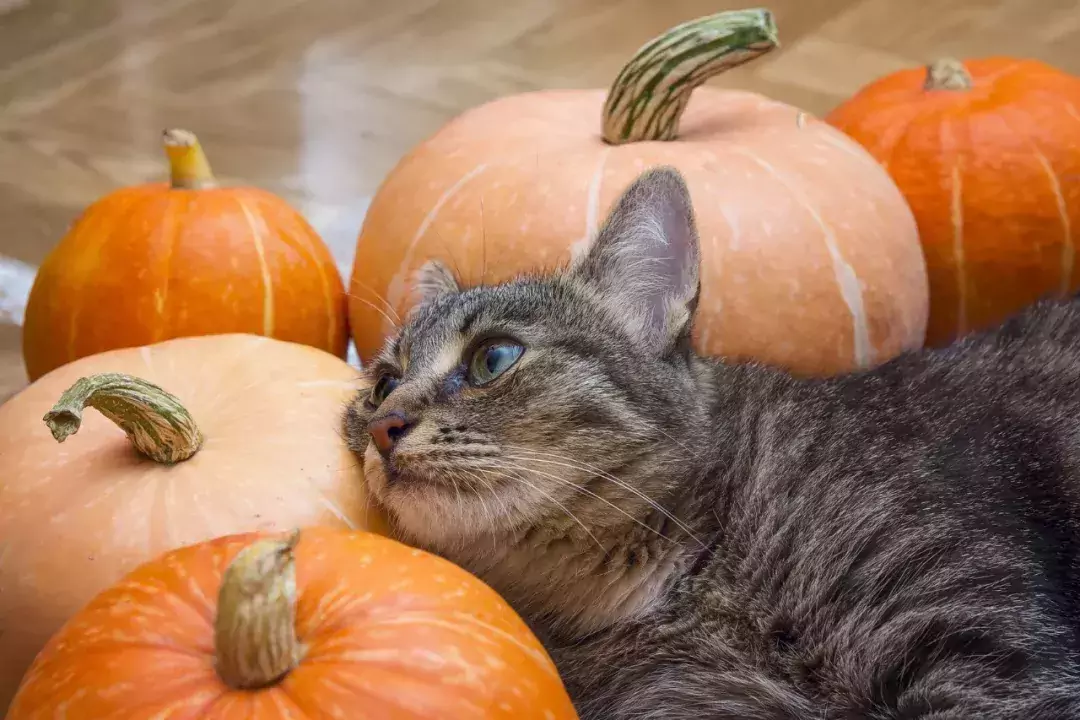
Three wonderful uses of pumpkin seeds (to destroy parasites)
Pumpkin seeds, also known as pumpkin kernels, are the seeds of pumpkins. The active ingredient in pumpkin seeds that can destroy parasites is pumpkin cotinine, which is very effective in eliminating parasites such as tapeworms and bloodsuckers.
For cats to digest pumpkin seeds better, we can pre-powder them and add them to the cat's diet at an amount of one-eighth of a teaspoon per day.
Feeding cats a moderate amount of pumpkin seeds over a long period can effectively prevent parasites in the cat's body. It is a more natural and less irritating way to prevent parasites than deworming medication.
How to properly feed pumpkins to cats?
Although pumpkin is good, it is important to pay attention to the correct feeding method when feeding it.
Parts of pumpkin that should not be fed to cats
It is best not to feed cats the indigestible parts of a pumpkin, such as a rhizome and a rind, as they may suffer from indigestion. The fleshy part of the pumpkin should be steamed and fed to the cat, rather than directly feeding raw pumpkin, which also tends to cause indigestion.
Choose natural pumpkin ingredients instead of buying canned pumpkins with added sweeteners and food additives.
The correct way to feed pumpkin
The flesh of the pumpkin should be steamed and fed to the cat. Do not add salt, sugar, and other condiments during the preparation process. Pumpkin seeds should be ground into powder before feeding to cats.
For mature cats, 0.5 to 1 teaspoon of cooked pumpkin per day is more appropriate. The amount of pumpkin seeds to be fed is relatively less, and one-eighth of a teaspoon is appropriate.
The pumpkin should be steamed and fed to cats
Most cats will like the sweet taste of pumpkin. If your cat doesn't like it, you can feed it to your cat by mixing pumpkin puree into canned cat food.
When feeding the pumpkin initially, observe your cat's feces. If diarrhea is caused by the addition of a pumpkin, stop feeding. This may be caused by improper feeding methods or the cat's allergy to pumpkins.
IV. Why pumpkin is good for cats
Pumpkin is rich in important vitamins and minerals, including iron and vitamins C, A, and E.
Pumpkin is also a fiber-rich food that is useful for mild constipation and other gastrointestinal disorders. The fiber in the pumpkin absorbs water and therefore adds bulk to your pet's stool and provides probiotic activity for healthy digestion.
Constipation is a relatively common problem for pets, and if your cat or dog has mild symptoms of constipation, a tablespoon of pumpkin can be a helpful first step.
It is worth noting that while pumpkin may be appropriate for mild constipation, many serious gastrointestinal conditions require a vet visit.
If giving your pet pumpkin and other forms of home care - such as a light diet - does not relieve symptoms within a few days, or if your pet seems dehydrated, lethargic or begins to vomit, seek immediate medical attention.
In addition to possible prescriptions and supplements, further diagnosis may be needed to find the exact cause. Some gastrointestinal disorders can be fatal for pets, such as intestinal obstruction. In addition, if your pet has recurrent episodes of constipation, it is a good idea to see a doctor investigate the underlying cause.
Was this article helpful to you?
Other links in this article
Comments
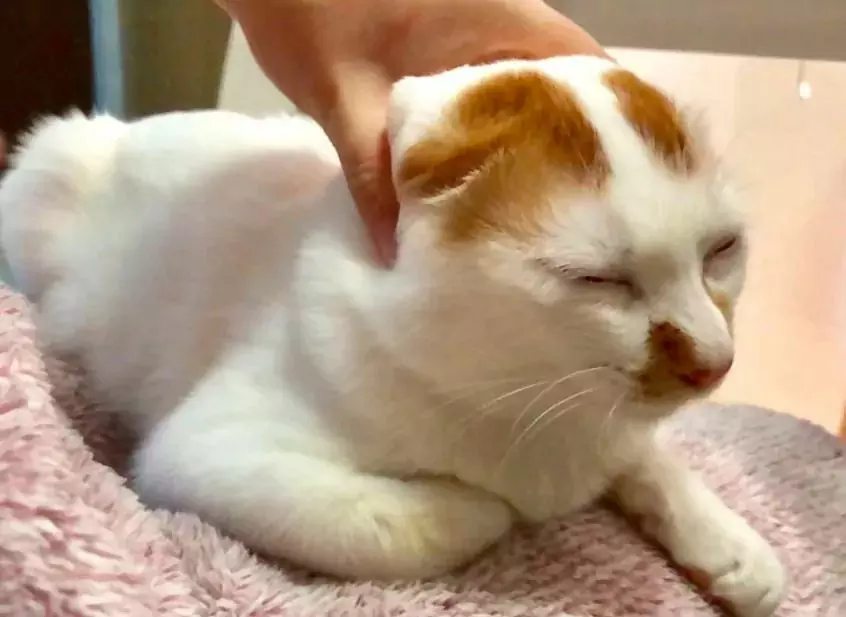
Why do cats sleep so much? How long do cats sleep in a day? Cats' sleep cycles, sleep habits, and dreaming
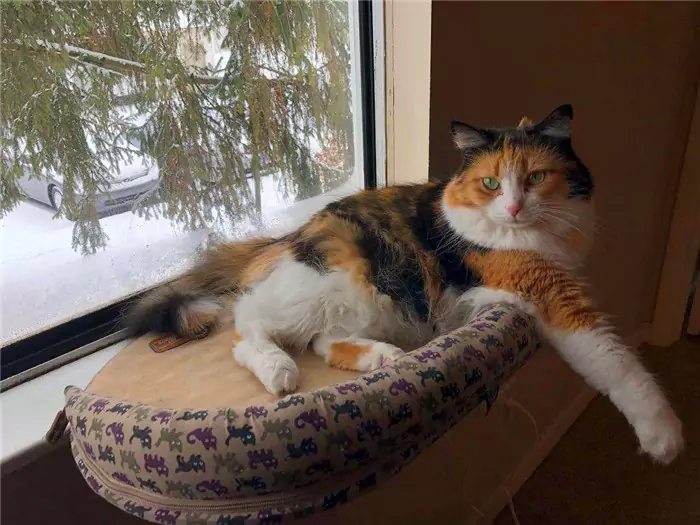
Why is my cat losing its hair?
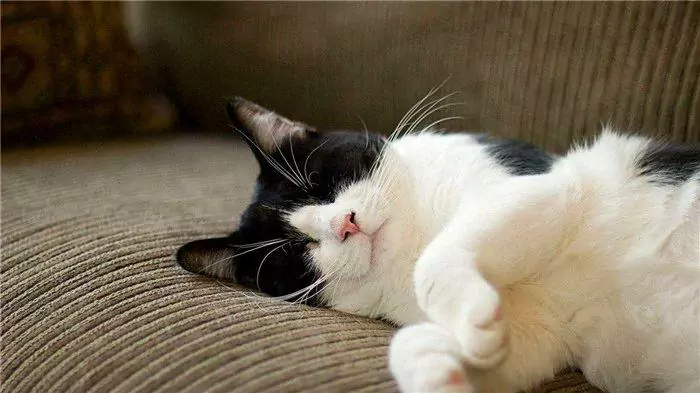
Why do cats purr?
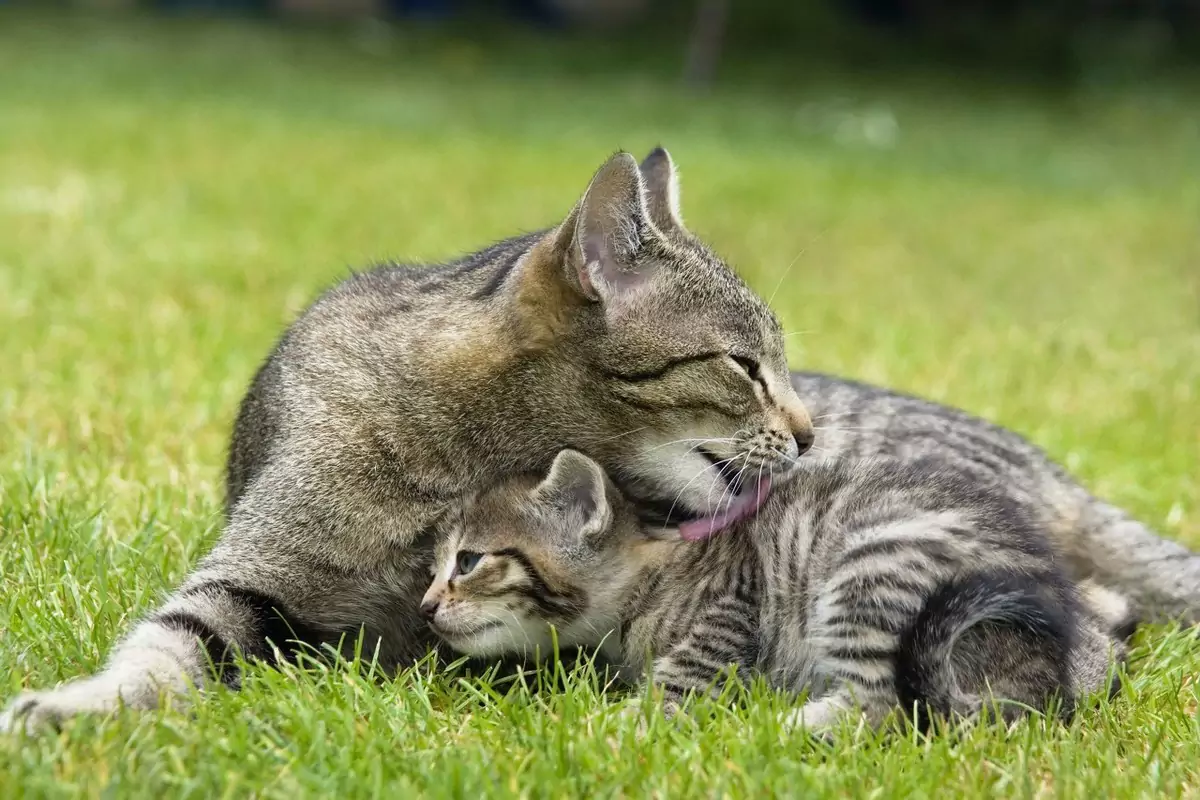
Why do cats groom each other?
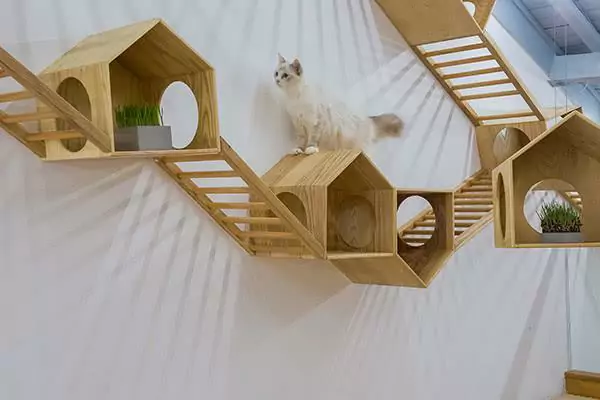
How long do cats live indoors? Do cats get lonely?
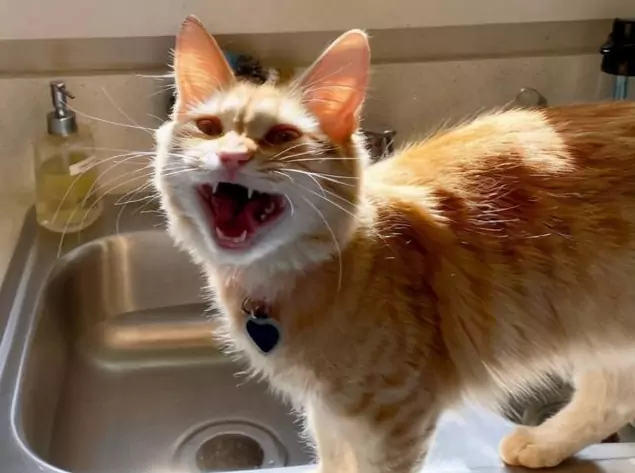
Why do cats make hissing noises? The origin of the hissing sound of cats
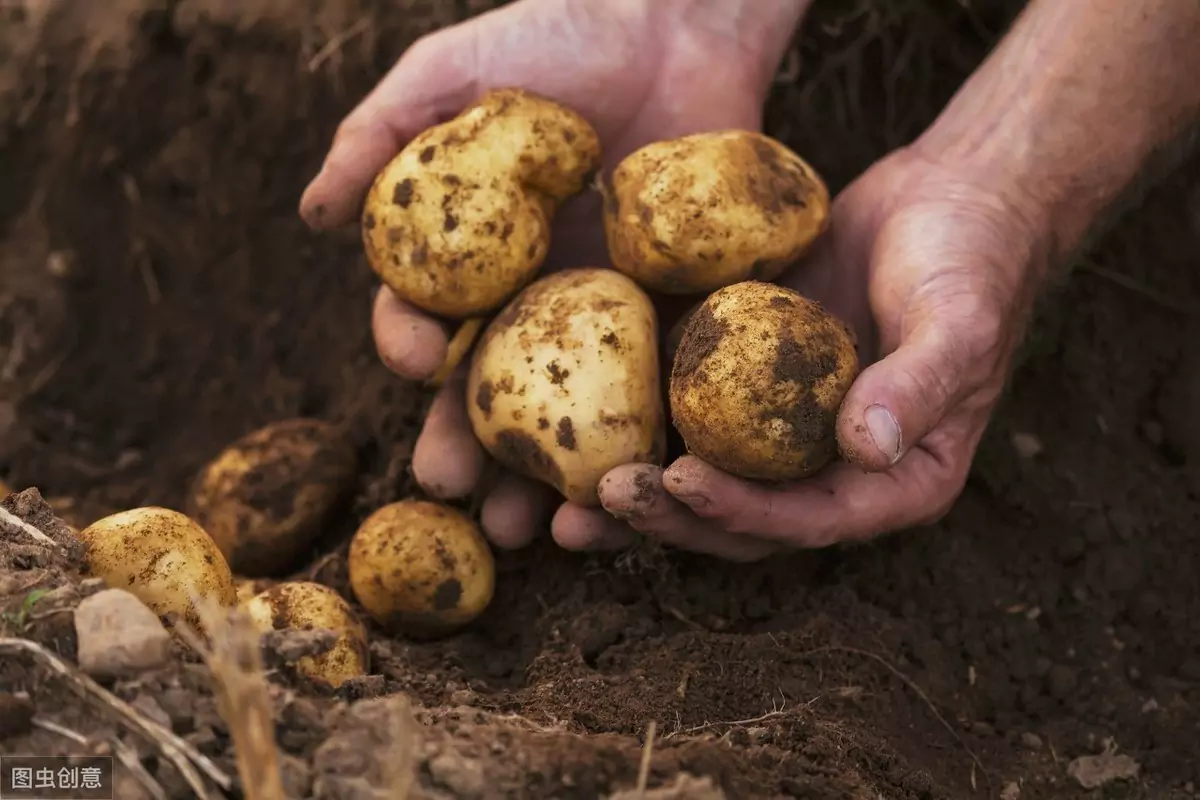
Are potatoes toxic to cats? What causes the onset of potato sprout poisoning in cats?
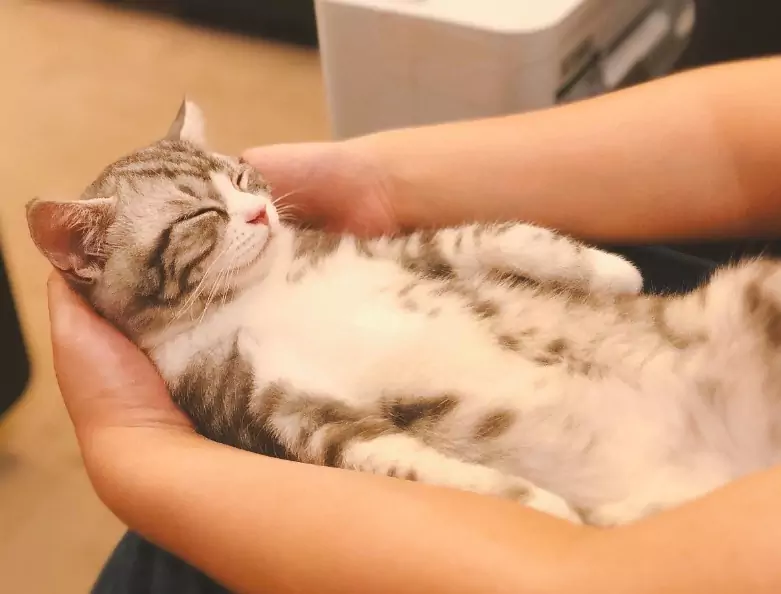
Why does my cat sleep on top of me? Reasons why cats like to sleep next to their owners
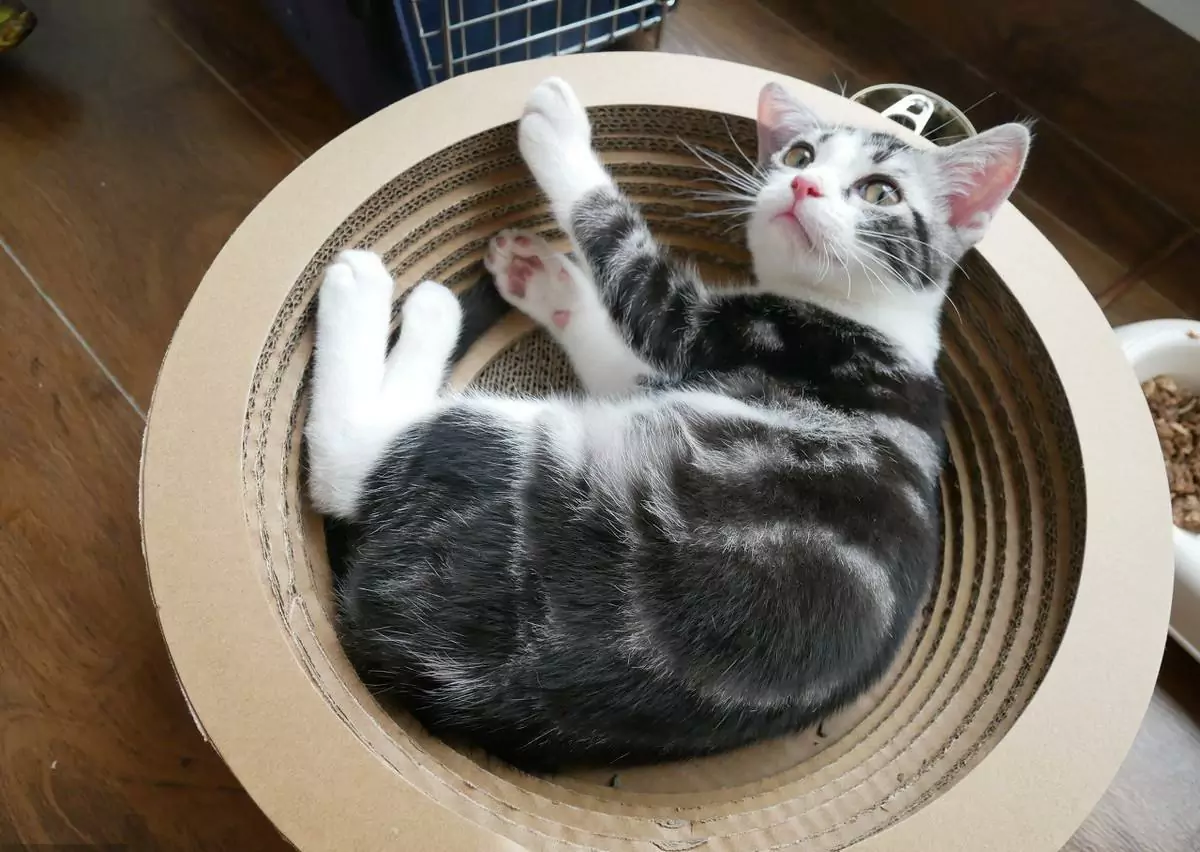
How do make cats like you? How to get cats to like us is quite simple
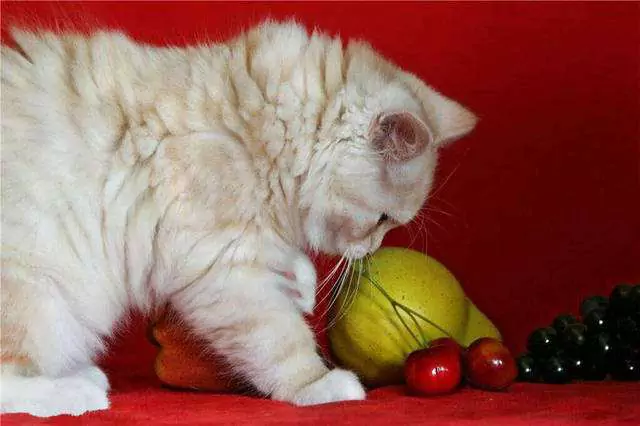
Can cats eat grapes? Why can't cats eat grapes?







